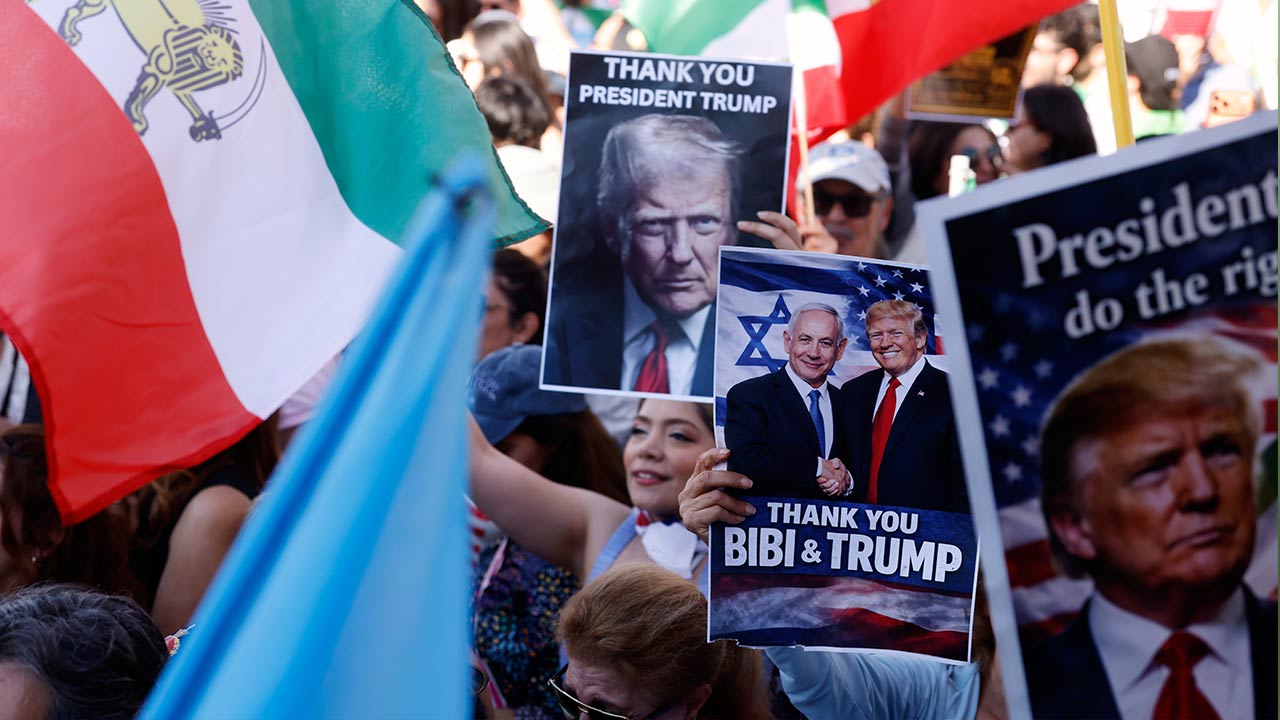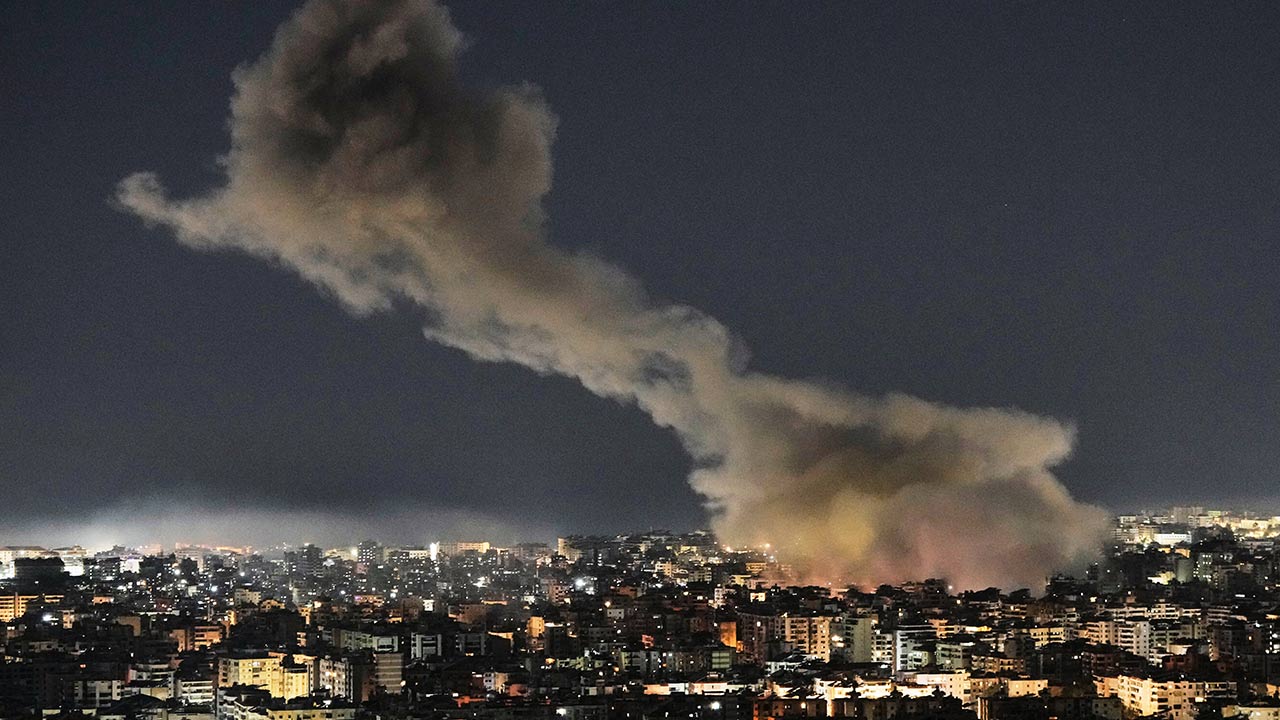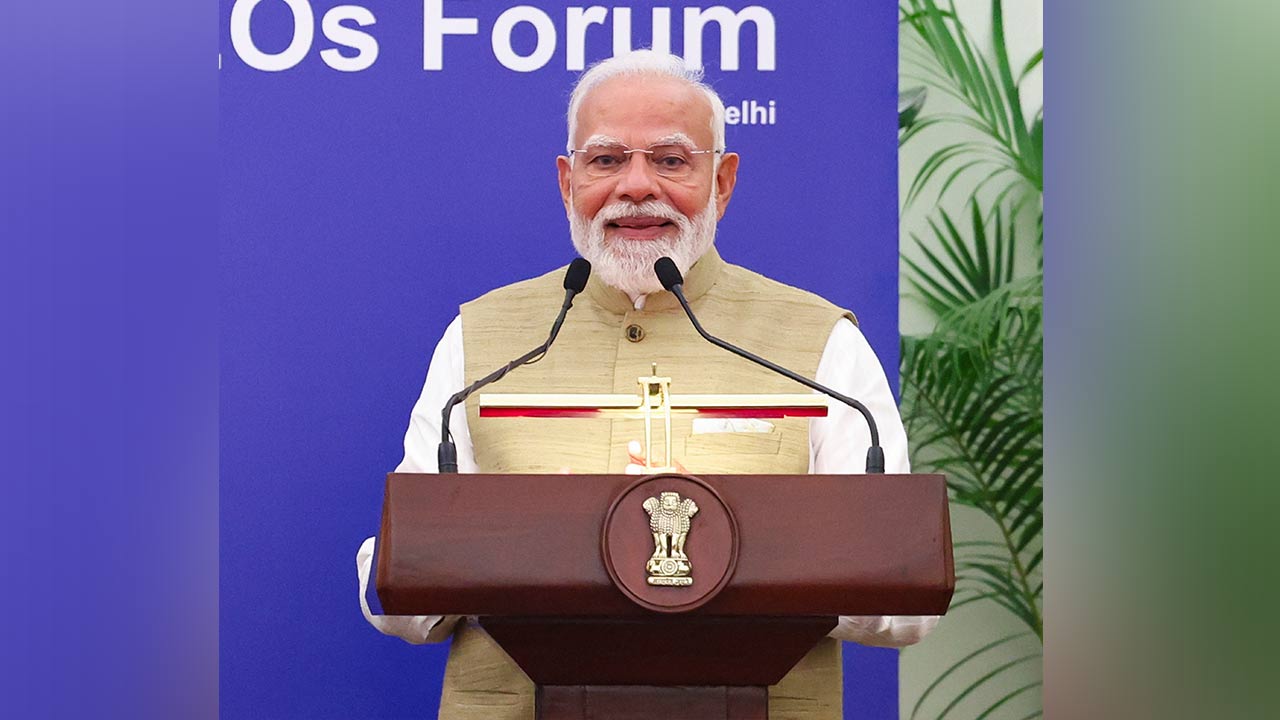Donald Trump’s latest pardons raise eyebrows: From jailed politicians to reality TV stars
Donald Trump has granted pardons to a controversial list of individuals, including convicted politicians and reality TV stars, drawing criticism for politicizing clemency. The move follows firings, DOJ shakeups, and signals a departure from traditional justice system checks

Washington: A governor who resigned amid a corruption scandal and served two stints in federal prison. A New York Republican who resigned from Congress after a tax fraud conviction and who made headlines for threatening to throw a reporter off a Capitol balcony over a question he didn’t like. Reality TV stars convicted of cheating banks and evading taxes.
All were unlikely beneficiaries this week of pardons, with US President Donald Trump flexing his executive power to bestow clemency on political allies, prominent public figures and others convicted of defrauding the public.
The moves not only take aim at criminal cases once touted as just by the Justice Department, but also come amid a continuing Trump administration erosion of public integrity guardrails, including the firing of the department’s pardon attorney and the near-dismantling of a prosecution unit established to hold public officials accountable for abusing public trust.
“He is using pardons to essentially override the verdicts of juries, to set aside the sentences that have been imposed by judges and to accomplish political objectives,” said Liz Oyer, who was fired in March as the pardon attorney after she says she refused to endorse a recommendation to restore the gun rights of actor Mel Gibson, a Trump supporter.
“That is very damaging and destructive to our system of justice.”
To be sure, other presidents have courted controversy with their clemency decisions.
President Gerald Ford famously pardoned his predecessor, Richard Nixon, and Bill Clinton pardoned fugitive financier Marc Rich just hours before the Democratic president left office.
More recently, Joe Biden pardoned his son, Hunter, sparing the younger Biden a possible prison sentence for federal felony gun and tax convictions and reversing his past promises not to use the extraordinary powers of the presidency for the benefit of his family.
But the pardons announced Wednesday are part of a pattern of clemency grants that began in Trump’s first term and has continued in the current one in which bold-face names, prominent supporters and defendants whose causes are championed by friends time and again have an edge on ordinary citizens who lack connections to the White House.
In 2020, for instance, he pardoned allies convicted in the Russia election interference investigation that shadowed his first term as well as his son-in-law’s father, Charles Kushner, who was later named ambassador to France.
On his first day back in office, he pardoned, commuted the prison sentences or vowed to dismiss the cases of all of the 1,500-plus people charged with crimes in the January 6, 2021, US Capitol riot, using his clemency powers to undo the massive prosecution of the unprecedented assault on the seat of American democracy.
Twice indicted by the Justice Department, and entangled in criminal investigations in the White House and in his post-presidency life, Trump has long conveyed public suspicion about prosecutorial power and found common cause with politicians — including on the other side of the aisle — he sees as having been mistreated like he believes he was.
In February, for instance, the Republican president pardoned former Democratic Illinois governor Rod Blagojevich after having earlier commuted his 14-year sentence on political corruption charges.
Blagojevich, he said, “was set up by a lot of bad people, some of the same people I had to deal with”.
The most recent pardon beneficiaries include former GOP New York Republican Michael Grimm, who pleaded guilty in 2014 to underreporting wages and revenue at a restaurant he ran in Manhattan.
The former Marine and FBI agent resigned from Congress the following year and served eight months in prison. Grimm tried to reenter politics in 2018 but lost a primary for his old district.
Others include former Republican Connecticut governor John Rowland, whose once-promising political career was cut short by an investigation into gifts and favours from state contractors.
Rowland was convicted and imprisoned a second time for conspiring to hide his work on political campaigns and was sentenced to 30 months in federal prison.
The White House also announced pardons for rap artiste NBA YoungBoy on gun-related charges and TV stars Todd and Julie Chrisley, famous for “Chrisley Knows Best”, a reality show that followed their family and extravagant lifestyle that prosecutors said was boosted by bank fraud and hiding earnings from tax authorities.
The couple was convicted in 2022 of conspiring to defraud banks out of more than USD 30 million in loans by submitting false documents.
The latest pardons unfold as Trump has departed from the norms and protocols of the clemency process and as the Justice Department has signalled a tweaked approach to public corruption and white-collar fraud.
In place of Oyer, the fired pardon attorney, the administration installed Ed Martin, a Trump loyalist who briefly served as interim US attorney in Washington.
He has already pledged to scrutinise pardons that Joe Biden issued on his way out of the White House and has said he would take a “hard look” at two men who are serving long prison terms for leading a conspiracy to kidnap Democratic Michigan Governor Gretchen Whitmer.
Related News
-
GHMC directs 100% e-waste, bio-medical waste collection
5 mins ago -
Telangana: Youth found dead under suspicious circumstances in Vemulawada
26 mins ago -
Fee reimbursement scheme under threat in Telangana
40 mins ago -
Cyber criminals using AI effectively to lure people: Cybercrime DSP
42 mins ago -
Doctors protest appointment of NIMS Oncologist as MNJ director
16 mins ago -
Rajiv Rahadari property owners seek reduced road width for SCB elevated corridor
55 mins ago -
33-year-old techie found dead in car on ORR at Abdullapurmet
1 hour ago -
Hyderabad: Sacred Venkateswara Padam appears on teak log in Secunderabad
1 hour ago




